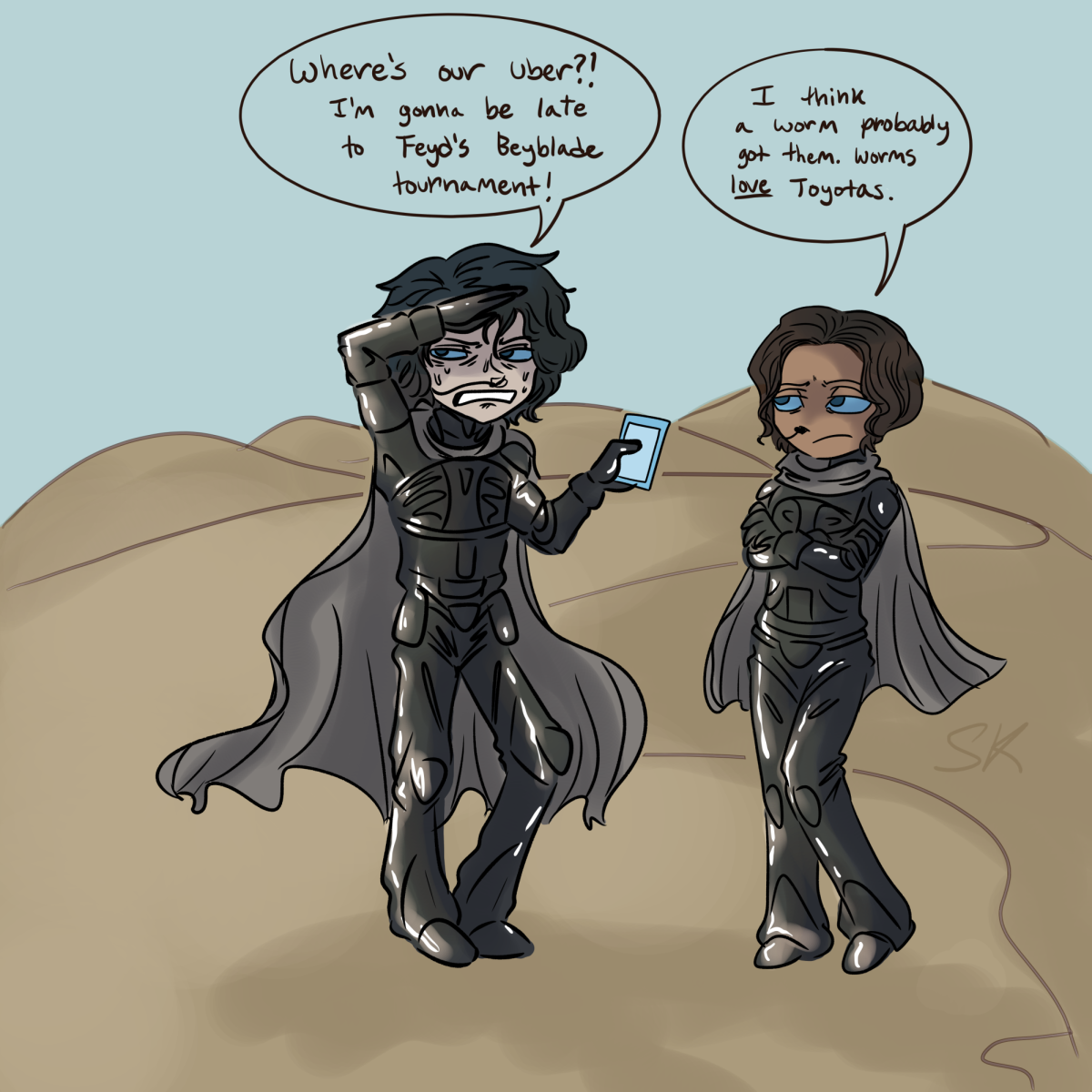Plenty of people love movies based on true stories. Knowing that the characters once existed in real life makes the film more tangible and relatable for the viewer. Unfortunately, Hollywood is all too aware of this fact, and has started to turn it against their audiences. Recently, movies have been made that falsely claim to be based on true stories, when in fact they are nothing but fabrication.
The movie that seemed to start the trend was the immensely popular “Blair Witch Project,” back in 1999. It was presented as documentary footage shot by college students in the Maryland woods in pursuit of an urban legend. In reality, however, there is no legend of the Blair Witch, nor was the footage discovered years after the disappearance of the film crew.
Fast forward 10 years to the release of the recent film “The Fourth Kind.” Set in Nome, Alaska, the film revolves around the town’s rash of missing persons and the experiences of the residents with alien abductions. It begins with a candid exposition by actress Milla Jovovich explaining to the audience that everything they are about to view is substantiated by actual footage from hypnotic sessions conducted by the movie’s main character, Dr. Abigail Tyler. Throughout the course of the movie, the audience sees “real footage” from the therapy sessions in addition to a police tape of a man murdering his family.
All well and good, except for one little detail: none of it was real. Universal Studios, the company responsible for the film, fabricated Dr. Tyler, the “real footage” shown and the people in the film. Their marketing campaign even went so far as to create fake news stories and even obituaries to promote the film.
At no point before, during or after “The Fourth Kind” do the filmmakers come straight with the audience and acknowledge that it was based on falsities. This sort of blatant misdirection should not be considered acceptable. Granted, movies often require a suspension of disbelief, but filmmakers should not be allowed to flat out lie to audiences.
Our society is in an age of information and people should not allow themselves to be lied to for the sake of entertainment. In past years, movie studios and advertising agencies have started being sued over false ads and portrayals. Universal Studios ended up settling with the Alaska Press Club for $20,000 because of difficulties the false claims in “The Fourth Kind” caused the organization. A paltry punishment, but it is a start.
Perhaps the ultimate solution is legislation, but measures need to be in place to prevent studios from claiming that total fabrications are true. False claims like these cheapen those offered by movies that really are based on true stories. In our age of information, we don’t need to perpetuate misinformation and difficulties by allowing lies like this.
























